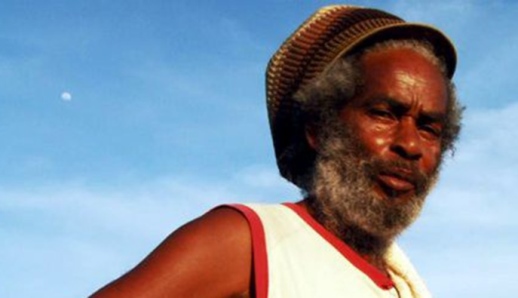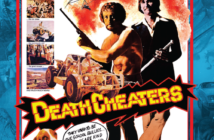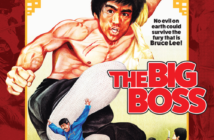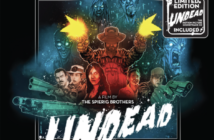
Helene Lee’ documentary of 2010 about Leonard Percival Howell follows her book The First Rasta: Leonard Howell and the Rise of Rastafarianism released in 2000. Co-directed with fellow French documentary maker Christophe Farnarier, the documentary traces Howell’ early life in Jamaica through his travels as a sailor, life in New York and homecoming to Jamaica. It was in Jamaica that Howell established a community, Pinnacle, which brought together 3000 people in the anti-establishment spiritual movement Rastafarianism. As a narrative Lee creates a story of Howell as disaffected with authorities from an early age, highlighting his refusal to testify as a witness to a murder case in his youth due to disdain with colonial law. As a seaman he is exposed to anarchists, communists, people fleeing pogroms, refugees and avant garde thought as Lee makes the argument that the ships were the “internet’s of the time providing channels of information between countries. Howell is enthused by the idealism of Marxist-Leninist theory but disappointed by the reality of the people’ lives under the regime. He settles in Harlem in New York at a time of the beginnings of a flourishing Black Power movement and is heavily influenced by the speeches of Marcus Garvey. Howell returned home in 1932 to Jamacia where he wrote his proto-Rastafarian tact “The Promised Key‘ under the pseudonym G.G. Maragh. Among other claims Rastafarianism promotes the idea that Ras Tafari, (chief Tafari), otherwise known as Haile Selassie I, the ruler of Ethiopia from 1916-1974 was the Black God and a direct descendent of King Solomon and the Queen of Sheba.
Lee, who is married to Rastafarian Joseph Lee and is a described as “a French anti-conformist journalist and specialist in Rastafarian culture’ does not seek to make a full account of the tenants of Rastafarianism. However she presents an account of the political happenings of the early community of Pinnacle founded in 1939 a few miles outside of Spanish Town in Jamaica. The community who used ganja as a tool for prophecy, grew their own food and rejected the authority of the government. It was wiped out in 1958 on the pretext of drug dealing and coincided with a government push against Bolshevism. Lee has also been a long-term advocate of world music and forms of Jamaican music. The Last Rasta features heavily Count Ossie whose work is credited with being the first examples of Ska music in the version of the Folkes Brothers song Oh Carolina from his 1973 album Grounation. Also featured is prolific reggae musician Max Romeo whose music also proselytise the Rastafarian message. Watching this documentary merely for the musical performances alone is a sensory value, for even detached from the political and spiritual messages the music conveys a sincerity and “warm’ humanity.
As a documentary form it has interviews with living relatives of Howell, archival footage that connects with the constructed narrative, and live music from Rastafarian musicians. There are limitations on the people who do comment, notably no representatives of the Marley’, no descendants of Marcus Garvey or Haile Selassie and no commentary from Ethiopian religious figures on the validity of Rastafarianism as an outcrop of African spirituality representing Beta Israel. People coming to this documentary favorably about Rastafarianism will glean more insights into the formation of the movement and the life of its key figure Leonard Percival Howell and how the personal lives of leaders of movements directly affect the overall shape and outcomes for those who follow in their wake.
Innerversitysound




